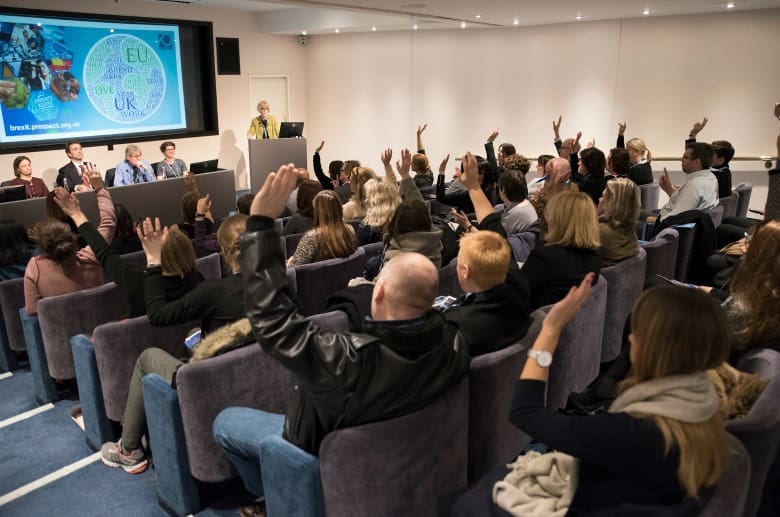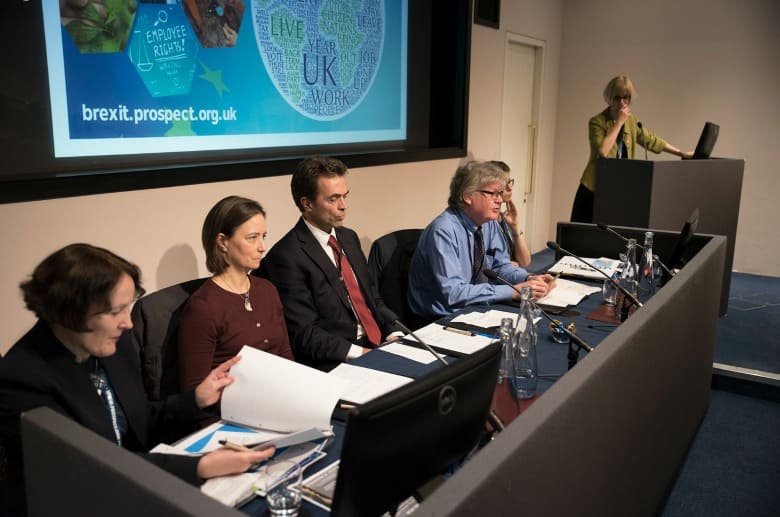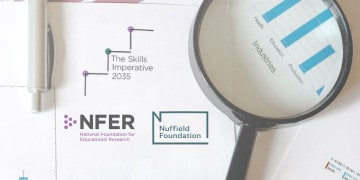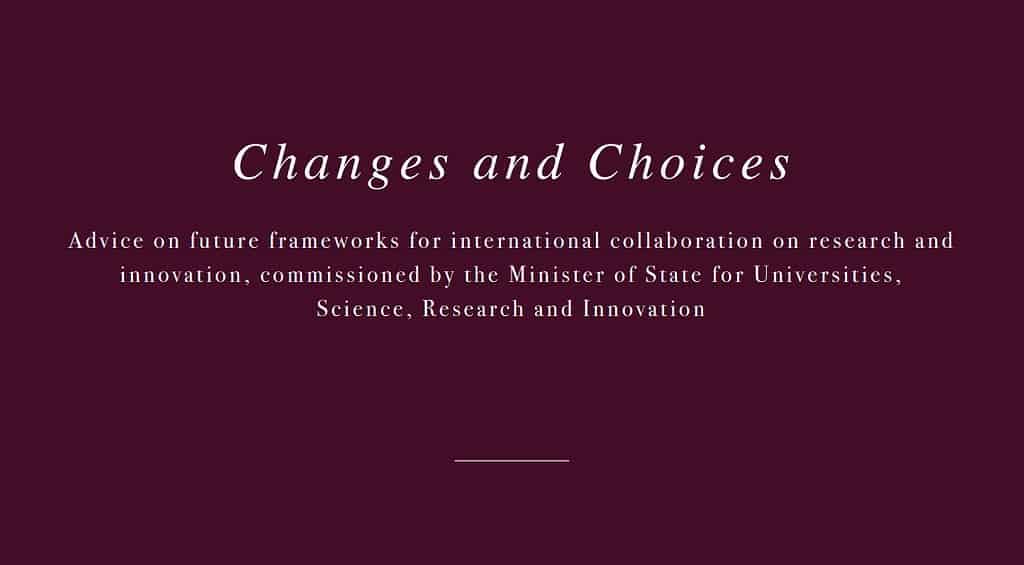Jenny Andrew, organiser for Prospect, discusses the views of their members and the broader STEM sector in response to their MAC submission.
The value of EU workers in the UK
07 Dec 2017
When the Migration Advisory Committee (MAC) asked for evidence on the role of EU nationals in the UK labour force, Prospect was ready for the call. As a union of experts, we are well aware of the value of international people and skills in the sectors we represent: particularly in heritage, entertainment, and of course in STEM. It’s our policy and our duty to monitor the impacts of immigration regimes on our members’ industries.
In early 2016, the MAC recommended new visa rules for skilled workers (Tier 2). The new system expects skilled workers from outside the EEC to earn more than £30,000 a year. Our members were quick to point out the fallacy of using salary as a proxy for skill.
This particular issue was brought to the attention of the union by a post-doc at one of the research councils. A US citizen, she brought her multiple degrees, and her experience from one of the most prestigious research institutes in the world, to contribute to UK public sector science. She came here for the scientific good, and for an exciting, international research culture. She certainly didn’t come for the amazing salary! A post-doc under her employer is appointed at £28,200 per year, and with public sector pay restraint, they have no expectation of reaching that magic £30,000 threshold within the term of a visa.
This is a visa system that limits employers’ ability to recruit the diverse talent they need for world-leading science. Our latest survey, of 650 EU nationals, tells us that 60% of EU workers in our heritage sector, and 22% in STEM, earn less than £30,000. They are post-docs, specialist technicians, archaeologists, research assistants… they are the scientific infrastructure that make UK institutions so attractive to “the brightest and the best.”
We asked our members in STEM to assess the dependence of their organisations on international workers. Three quarters (76%) of public sector respondents told us that international workers were important throughout their workforce. That figure dropped to 40% in the private sector, but a further 50% of private sector respondents acknowledged the significance of international workers in essential business functions, such as software development, specialist engineering, or scientific specialisms.

Since the EU referendum, our focus on our international workforces has taken on a new significance. 7% of the UK workforce, overall, is made up of EU workers, but the proportion is much higher in the specialist sectors and roles Prospect works with. A powerful example is our public sector veterinary service, estimated at 75% EU nationals, and even higher among the abattoir vets. These workers oversee our food safety and animal welfare standards, they protect our livestock from infection, and they are business-critical to our international trade. From an economic point of view, this is what we risk if we oversimplify our visa regulations. This is the potential cost of a populist approach to immigration.
We will use that economic point of view to carry our message to the widest possible audience. But as a union, we are a people-focussed organisation. We never lose sight of the human stories that underlie these statistics, and ultimately we believe them to be more compelling. We exist to support our members, often through some of the most difficult experiences of their lives… and make no mistake that, for many of our EU nationals, the uncertainty in the wake of the EU referendum has ranked among their most difficult experiences. In our latest survey, 69% of respondents overall, and 79% working in science, told us they were considering leaving the UK. Many of them explained why:
“Suffering from anxiety due to uncertainty… Hard to believe that this inhuman treatment of EU nationals is happening in 2017!”
“Without a prospect of stability and the feeling of being welcomed the EU high skilled workers will choose other EU countries were they think will have a better and more stable future.”
“I felt the UK was a very warm and welcoming, open and tolerant place when I came here and this changed in the course of the last year.”

We launched our MAC submission at a meeting of more than 100 EU nationals, at Westminster, in front of a cross-party panel of MPs. By stepping into the world of our political representatives, we aim to draw them into ours. We, and many of our partners in CaSE, have a role to play in building alliances between decision-makers and workers at the frontline of science and engineering. UK STEM need political allies, now more than ever, if we are to maintain a culture that celebrates the internationalism that has made it great.
Read Prospect’s submission to the MAC by clicking here.
Jenny Andrew is an organiser for Prospect, and a former research scientist. Prospect is an independent trade union representing 141,000 skilled members across all major sectors of the economy, including 50,000 in STEM.
Related articles

The Physiological Society’s policy team on the health challenges facing older workers and the urgent need to develop a strategy to ensure older people are happy and healthy at work.

Jo Reynolds, Director of Science and Communities at the Royal Society of Chemistry, on the RSC’s new summary report looking to unlock the potential of deep tech SMEs.

Lisa Morrison Coulthard, Research Director at the National Foundation for Education Research, on the Nuffield Foundation funded five year research programme providing insights into the essential employment skills needed for the future workforce

Sir Adrian Smith, Institute Director and Chief Executive of The Alan Turing Institute, and Graeme Reid, Professor of Science and Research Policy at UCL, set out the findings from their new independent report on international partnership opportunities for UK research and innovation